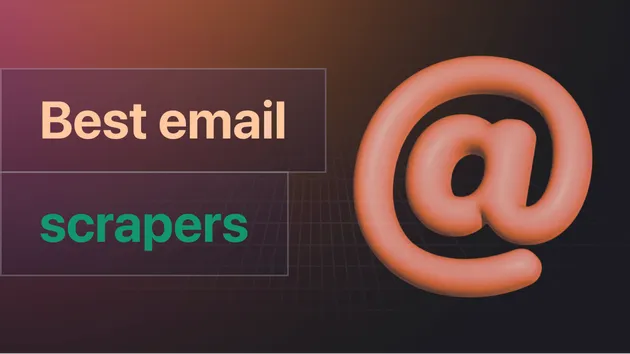Microsoft Catch-All Email Verifier
Pricing
$2.00 / 1,000 emails_checks
Microsoft Catch-All Email Verifier
An Apify Actor that verifies Microsoft-hosted email addresses, including Outlook and Office365. It supports batch verification, sends results via HTTP POST to a webhook, and logs data to a dataset.
Pricing
$2.00 / 1,000 emails_checks
Rating
0.0
(0)
Developer

MinionHub
Actor stats
3
Bookmarked
28
Total users
1
Monthly active users
a day ago
Last modified
Categories
Share



